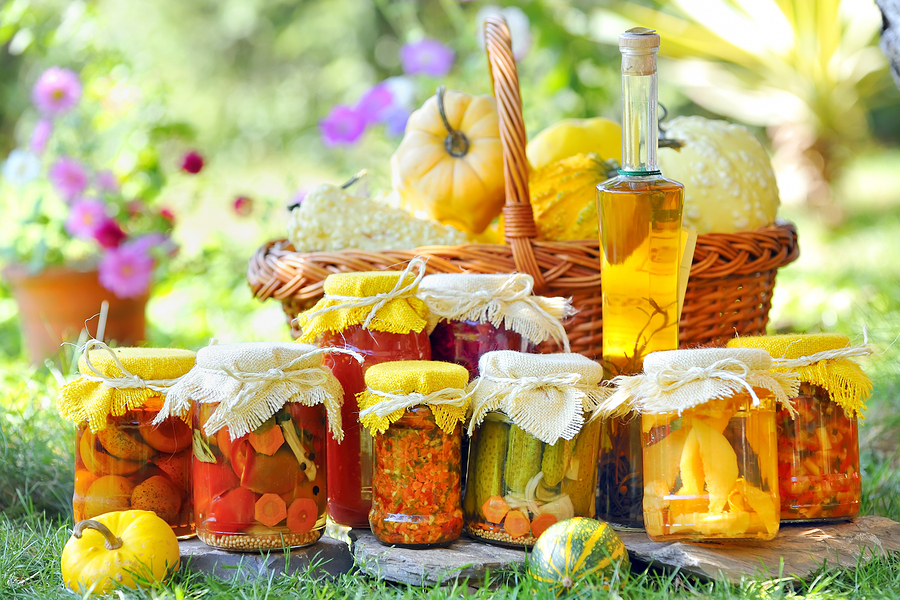
Dear Earth’s Enrichers
 What exactly keeps our foods and hygiene products from going bad too soon? What keeps what you buy from decomposing? There are preservatives in your food, hygiene products, and medicine that keep them fresh until the day they expire. Preservatives come in natural and synthetic forms, which means they are not all so bad for you.
What exactly keeps our foods and hygiene products from going bad too soon? What keeps what you buy from decomposing? There are preservatives in your food, hygiene products, and medicine that keep them fresh until the day they expire. Preservatives come in natural and synthetic forms, which means they are not all so bad for you.
Preservatives both natural and synthetic keep your products from falling victim to mold and bacteria that will cause them to decompose. Natural preservatives like salt and honey are actually produced in nature. Natural preservatives are not tampered with by outside agents like chemicals.
Synthetic preservatives are not natural, although some can be created with natural ingredients and chemical substitutes. These man-made preservatives are and designed to preserve and they fulfill their purpose well. However, sometimes these kinds of preservatives can have adverse effects on the health.
For instance, food preservatives like MSG (or Monosodium Glumate) can cause headaches, flushing, and other symptoms for those who are allergic to it. In hygiene or skin care products, there are some chemical preservatives like sulfates and parabens that also have adverse health effects. As an example, sulfates are used in cleaning agents and also used in hygiene products like shampoo. They have a tendency to dry out the skin and cause irritation.
It is recommended if you have sensitive skin that you try to avoid chemical/synthetic preservatives. There are three main reasons why preservatives are used: to improve freshness, taste, and quality. They are not always made with the consumer’s health in mind. Learn your body and listen to it. Pay attention to its signals, it will tell you what it does and does not like.
The EE 411: Some Facts and Fiction
- Preservative Facts:
- There are natural preservatives!
- Yes, there are adverse health effects with artificial preservatives (especially if you are allergic to them).
- The FDA regulates both natural and artificial preservatives.
- Antioxidants (sulfites, vitamin C, and E) are forms of preservatives.
- You can overuse products with preservatives (too much is never good).
- Pickling is a form of preserving, like salting. Vinegar is another natural preservative.
- High fructose corn syrup should be ingested responsibly.
- Preservative Fiction:
- All preservatives are chemically made.
- Natural preservatives perform the same as synthetic chemicals.
- All bacteria is bad and must be eliminated.
- Preservatives are all safe without adverse health effects.
- Using products with artificial preservatives responsibly can have the same adverse health effects as using them irresponsibly.
- Artificial preservatives all have the same adverse health effects.
Share with Us: What other kinds of natural preservatives do you know about? Have you used any?
(This post was brought to you by Earth’s Enrichments. Similar posts can be found by visiting our Blog. More information about our company and products (USDA Certified Organic Soaps, Organic Bath Salts, Organic Sugar Scrubs, Organic Body Balms and Organic Lip Balms) can be found on our Website. Thank you Earth’s Enricher!)
